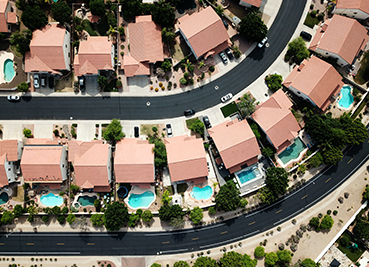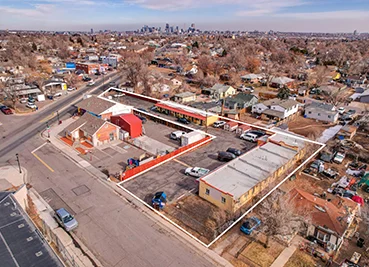
As seen in ABC News
The market is expected to stay that way for the next five years, a report found.
Buying a house in the United States is considerably more expensive than renting right now, and the real estate market is expected to stay that way for at least the next five years, according to a new analysis.
The analysis out Thursday from CBRE, a firm that tracks real estate prices, shows the average monthly payment on a new apartment lease in the U.S. is $2,165. The average monthly payment on a mortgage for a new home is $2,997, meaning it costs households, on average, 38% more to buy than to rent, according to the analysis.
Notably, the gap between buying and renting will continue to be a big hurdle for aspiring homeowners for at least five years, the analysis found — mortgage payments are still expected to cost 11% more than rent in the year 2030.
Higher mortgage rates and a nationwide housing shortage are key factors behind persistently high home prices, according to the CBRE report. The report estimates there is a shortage of 3.8 million housing units in the U.S., mainly in single-family homes and smaller multi-unit dwellings.
“It is proving to make more sense [for individuals] to rent for a little longer,” Matt Vance, an author of the CBRE report, told ABC News.
The disparity between renting and buying is especially stark in markets such as Los Angeles, San Francisco, Seattle, Denver and Nashville, Tennessee, according to the analysis.
“A 20% downpayment on the median Denver home today is equivalent to six years of the average apartment rent,” Vance said.
But markets like Chicago, Dallas and Raleigh, North Carolina, are expected to see the gap between renting and buying return to pre-pandemic levels in the next five years, the report said.
Aspiring homeowners who are able to put down a payment and afford the monthly costs can still find great opportunities to build longer-term equity by investing in a home, Vance added.
A separate report out Thursday from the White House says one in every four renters in the U.S. is “severely rent-burdened,” meaning they’re spending more than half of their income on housing.




